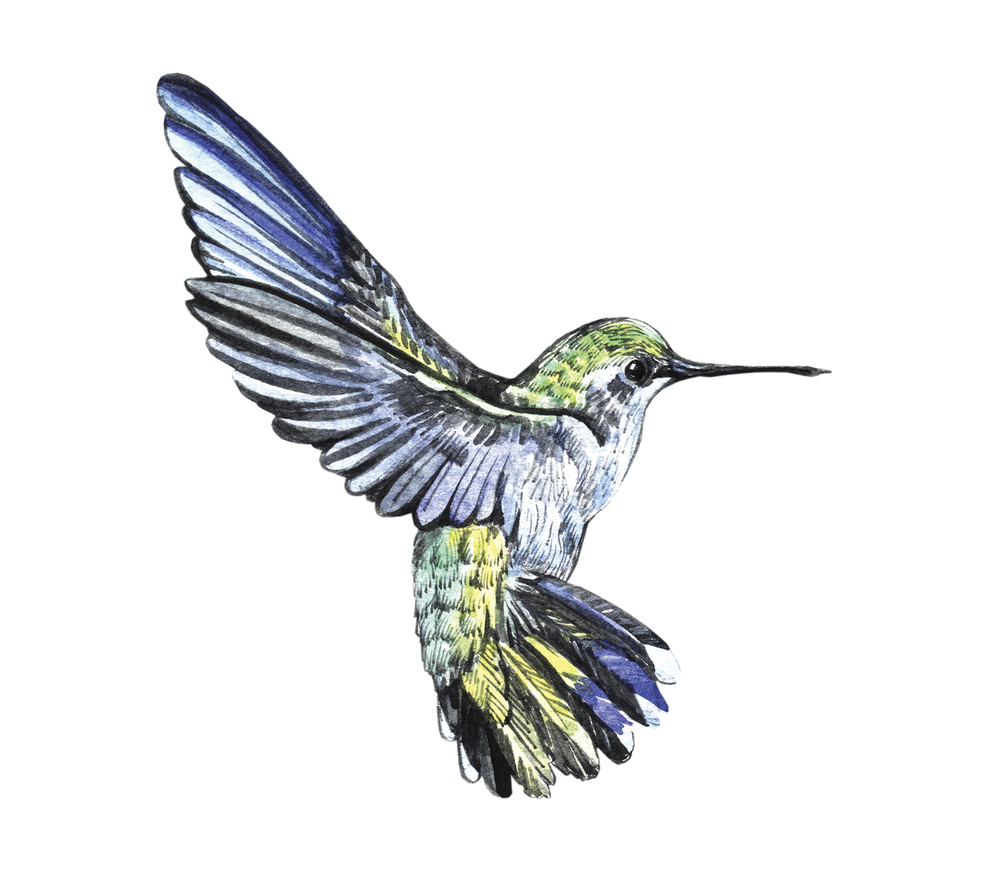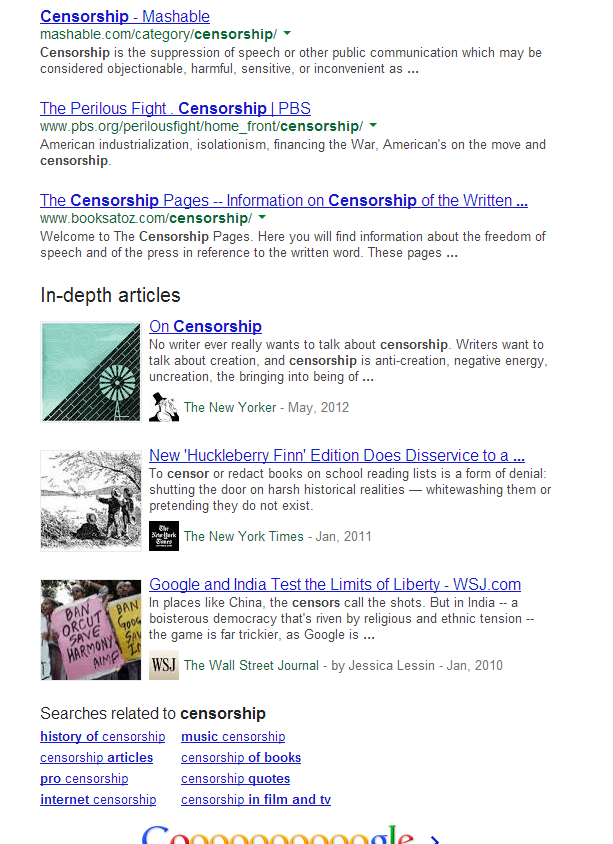Google Humming Bird Update Seo
On Inside Search, Google shared their 15th birthday with the world, announcing changes to their search algorithm and search experience. This was celebrated at a press conference held on September 26th 2013, where they discussed the launch of a new search algorithm, code named Hummingbird.

The launch of a new algorithm shocked the online marketing world, especially as this algorithm has already been live on Google.com for at least 30 days. So what do we know about this new algorithm, Hummingbird?
Let’s start with the information shared by Google on their blog. They start by discussing improvements to their Knowledge Graph, making it easier and quicker for people to access answers to their questions.
“ You can pull up your phone and say to Google: “Tell me about Impressionist artists.” You’ll see who the artists are, and you can dive in to learn more about each of them and explore their most famous works.”
According to Google, this search algorithm is much smarter. It can answer questions, filter the answers, and give you comparison data, at a glance. You don’t have to click away from search results, hoping web pages will have answers…the data will be right there for you, easy to find.
They’ve also redefined their mobile search results page.
“It’s cleaner and simpler, optimized for touch, with results clustered on cards so you can focus on the answers you’re looking for. “
Google’s intent is to give you great answers to questions at your fingertips, anticipating what information you will need and helping you build queries and results.
By streamlining the algorithm so it improves complex search retrieval and improves data available via knowledge graph, Google is keeping users on their search results pages longer. This in turn, increases exposure to sponsored ads, which, in turn improves ad sales and revenue.
Optimizing the algorithm for artificial intelligence, semantic analysis, and an underlying understanding of language is core towards fulfilling the dual objective of increasing time on site and revenue.
The second key objective is the massive shift towards mobile search. As more people ask questions on their mobile phones the algorithm has to evolve to understand these longer, more complex queries.
“Google will keep reinventing itself to give you all you need for a simple and intuitive experience. At some point, pulling out a smartphone to do a search will feel as archaic as a dial-up modem.”
Amit Singhal, SVP of Search
This new algorithm, Hummingbird, will give Google the foundation to evolve as mobile search grows and the experience of seeking information becomes infinitely more complex.
Other than information available from their blog or press conference, what else do we know about Hummingbird?
Hummingbird affected 90% of searches worldwide.
How is it possible that a change that affected 90% of searches went unperceived by the webmaster community? Penguin only impacted 3% of queries, yet the impact was as loud as a 12.5 earthquake.
It stands to reason this wasn’t an algorithm impacting general search quality, but instead, focuses on data retrieval, artificial intelligence, and how data is accessed and presented to users.
When asked what Hummingbird impacts, Amit Singhal stated, “With more complex queries, the algorithm can better understand concepts vs. words as well as relationships between concepts.” So Hummingbird is focused on Natural Language Processing, thus being more visible in the very long, conversational tail.
Singhal also stated that Hummingbird is also a way to present and reuse new services to improve search results. Let’s look at the new services Google has rolled out in the last 24 months:
In-Depth Articles (August 2013)

When you search for broad topics, like “censorship” you will now see in the SERP’s links to detailed content about censorship. Google now identifies “evergreen” articles that are increasingly broad and detailed, and presents them as part of their In-depth Articles. The key to In-depth articles is that the sources are very established, reputable publications and the articles are long, detailed and descriptive.
Google also recently launched more information on their knowledge graph, Google Now, and Voice Search :
Knowledge Graph (May 2012)
Google Now (April 2013)
Google Conversational Search (May 2013)
Finally, let’s talk about Google Plus, and how it ties in with Hummingbird. At Social Media Weekly Los Angeles 2013, a team from Google Plus gave a talk about how Google Plus enhances search experience.

The team explained that Google Plus is at the core of how Google plans to improve search user experience in the future. As search becomes a more social experience, and users become more sophisticated in their knowledge and use of social networks and mobile devices, Google continues to enhance its social platform to compete.

Gabriela D’Addario and Maggie Ferrante discussed many of the latest updates rolled out by Google Plus. Here are a few they listed:
Authorship in Search
Related Hashtags and their appearance in Google Plus AND in Google Search
Google Plus Communities
Auto Awesome and Enhanced Image Editing
Hangouts on Air
Q&A for Hangouts on Air
They also openly discussed how Google Plus does, and will continue to, impact the search experience. They encouraged participants at the conference to use Google Plus often to share a variety of content types, including text, audio, and visual content, to improve visibility.
You may be wondering why I’m discussing Google Plus in relation to Hummingbird. The question on most online marketers is, how does Hummingbird correlate with Google Plus? Matt Cutts recently stated that Google +1’s Don’t Lead to Higher Rankings. Does Hummingbird affect how Google search analyzes +1 and data from Google Plus? Will Hummingbird analyze social signals differently? WIll links continue to be a major factor in Hummingbird, or will this algorithm rely more heavily on social signals?
According to Danny Sullivan, Google claims that:
“In general, Hummingbird — Google says — is a new engine built on both existing and new parts, organized in a way to especially serve the search demands of today, rather than one created for the needs of ten years ago, with the technologies back then.”
In this article, Danny claims that Hummingbird continues to rely on link analysis as one of 200 ingredients used in ranking sites. Panda, and Penguin, will continue to run as FILTERS that affect how results are ranked. According to Sullivan, these filters will likely continue as components of the new, enhanced Hummingbird engine.
So HOW does Hummingbird impact Google Search Results?
What this engine offers Google is the ability to answer questions, predict user intent, and keep users on Google search longer…thus improving search experience and ultimately, revenue.
All of the algorithmic components that we’ve seen in the SEO industry continue to assist in search quality, but what we’ll be seeing more of in Google thanks to Hummingbird is a more social, conversational experience.
Think Battlestar Galactica and artificial intelligence. As computing power increases, Google’s robots will now be able to answer questions and mimic human intelligence.
“Google, I’m hungry, where can I eat chinese within a 5 mile radius? I know your friends Jonny and Mike like Siam Chinese, why don’t you go there? And after you can stop for dessert at Menchies since you love frozen yogurt.”
Hummingbird has been the algorithm serving results for the last month or so, and nobody noticed. It wasn’t on Moz, or Search Engine Watch, or any major tech news outlets. If this algorithm was a massive shift in how google ranks and presents search results, it would’ve made at least a ripple or a small wave. Instead, we hear the news at a press conference 30 days after the fact. Obviously this algorithm is more of an internal engine change, not an external chassis change as we saw with Penguin or Panda. The vehicle looks the same, but it is now smarter, and much more powerful.
As marketers, what can you do to adapt to this major shift in Google search?
Look at the writing in the wall, outlined in this article:
In-depth articles
Knowldge Search
Google Now
Panda
Penguin
Google Plus
Encrypted Keyword Data
Let’s not forget to mention that this week, Google also made all keyword data encrypted so marketers can no longer track traffic by keywords from organic search. Is it coincidence that these changes rolled out concurrently?
Focus on Google Plus
“Google plus is the social spine that improves the user experience across Google.”
In addition to content marketing and high quality link building, I believe Hummingbird will add a definitive social layer to the search algorithm. Google Plus now becomes a core, fundamental aspect of Google SEO.
Singhal did not mention Google Plus at the press conference, but analysing their statements and the changes rolled out to Plus creates an obvious connection.
If you are joining Google Plus Communities and building an audience on Plus, answering questions, creating video content via Hangouts and Youtube, and using hashtags, you will be jumping on the Social Search bandwagon that Google is actively promoting.
Is it possible that, in the near or distant future, google.com will disappear as we know it, to be replaced by Google Plus search? And if it does, can you afford not to be there?
If you focus on content marketing, building authority, high quality links, and offering solutions to people’s problems across relevant communities, you will already be fulfilling the requirements to rank according to Google’s Hummingbird. Optimizing your content for mobile, and focusing on NLP as well as semantic analysis for keyword research, may also help to enhance your visibility with the Hummingbird algorithm.
Panda will penalize thin content, Penguin unnatural or low quality links… perhaps Hummingbird is the “social search” component that Google has been developing as a way of competing in the social search environment, particularly Facebook’s Open Graph search?
Do you agree, or disagree? Do you believe Hummingbird will increase importance on social signal? Is Google Plus a factor? Do share your thoughts!
Latest posts by Marcela De Vivo (see all)
- The Evolution of Data: Creating Intent-Led Digital Strategies - 29 January, 2019
- Productive Things To Do When You Are a Freelancer Job-Hunting - 18 July, 2018
- What KPIs Should I be Using to Measure my SEO Campaign - 21 July, 2017
